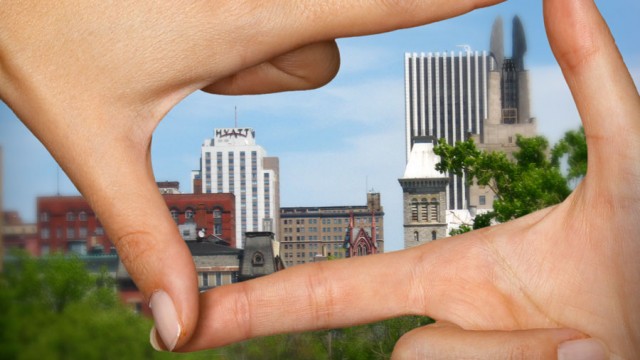I found this list from Government Technology particularly inspiring. Click here for the original article.
-Adam
–
The Bloomberg Philanthropies’ Mayors Challenge and the Knight News Challenge are two great contests that have provided hundreds of ideas of what Gov2020 might look like.
Both struck a chord with innovators as the Mayors Challenge had more than 305 city participants competing for $9 million in prize money distributed across five winners. The Knight challenge had 831 entries aiming to get a piece of more than $5 million in prizes.
While looking through the applicants, seven key ideas stood out to me as what could be cornerstones of Gov2020.
1 / Procurement 2.0
The need to modernize the procurement process came up several times. Bloomberg winner Philadelphia wants to create a process to encourage new players to respond to RFPs as part of its Philadelphia Social Enterprise Partnership. Procure.io — a system created by Adam Becker and Clay Johnson — hopes to build on the open source work they did on RFP-EZ as White House Innovation Fellows by making it easier for government to craft well written statements of work, post them online, and collaboratively review and award bids.
2 / Improved permitting
Many cities offered new ways to improve the difficult permitting process for applicants and cities. St. Paul, Minn., (a Bloomberg
finalist) focused on a user-friendly, Web-based permitting model and Knight semi-finalist Santa Cruz, Calif., came up with an open-sourced, GIS-enabled front end to business permitting.
3 / Yelp for City Services
Was your DMV experience 3.5 stars or 5 stars? Many entries in the Knight challenge revolved around citizens rating a specific individual or agency. One submission, Civicly, aims to bring the power of reviews to government where citizens can evaluate city services and agencies, public schools, elected and appointed officials, transit systems, subway and bus lines, public hospitals and clinics, utilities and more. Much like sites such as TripAdvisor, Yelp and Ratemyprofessors have used data to highlight great customer service and identify places for improvement, these sites have a similar mission in the public sector.
4 / Big Data and Analytics
Many submissions found ways to use data and analytics to solve city problems. Bloomberg winner Chicago SmartData platform’s goal is to build the first open source predictive analytics platform from scratch. Another winner, Santa Monica, Calif., plans to create a single metric of city well-being built on data around health, education, economics and more.
5 / Gamification
Several projects added a gamification layer to engage citizens. San Francisco, a Bloomberg finalist, submitted Skillville, which matches job seekers to microvolunteering opportunities on city projects. Job seekers validate their skills with badges, which can be redeemed for rewards like job interviews or mentorship. Bloomberg finalists Lafayette, La., and Lexington, Ky., used the ideas of challenges and games to involve local residents more in their city.
6 / FOIA
One might not think there’s much interest in reimagining the FOIA process. However, in the Knight Challenge, I saw many new projects rethinking how cities handle FOIA requests as well as new public websites that will aggregate requests. One example is the FOIA Machine, which automates the confusing process of filing and tracking public record requests worldwide.
7 / Bringing City Services to Citizens
Boston’s City Hall to Go takes city services on the road to ease basic citizen transactions by offering a broad menu of services, from paying parking tickets to getting dog licenses — all of which can now be handled wherever the truck is that day. A Knight project in San Diego called A Show of Hands lets citizens vote from afar and then shows that data in public meetings, thus letting busy citizens take part.
These submissions demonstrated amazing opportunities to rethink public service using creative thinking, open data, new tools and new funding models. The diversity of ideas is endless whether it’s augmenting 311 systems with data sourced from social media or launching a voluntary early intervention reading program based on a small listening device from Bloomberg winner Providence, R.I. I look forward to seeing these impressive ideas in action.


